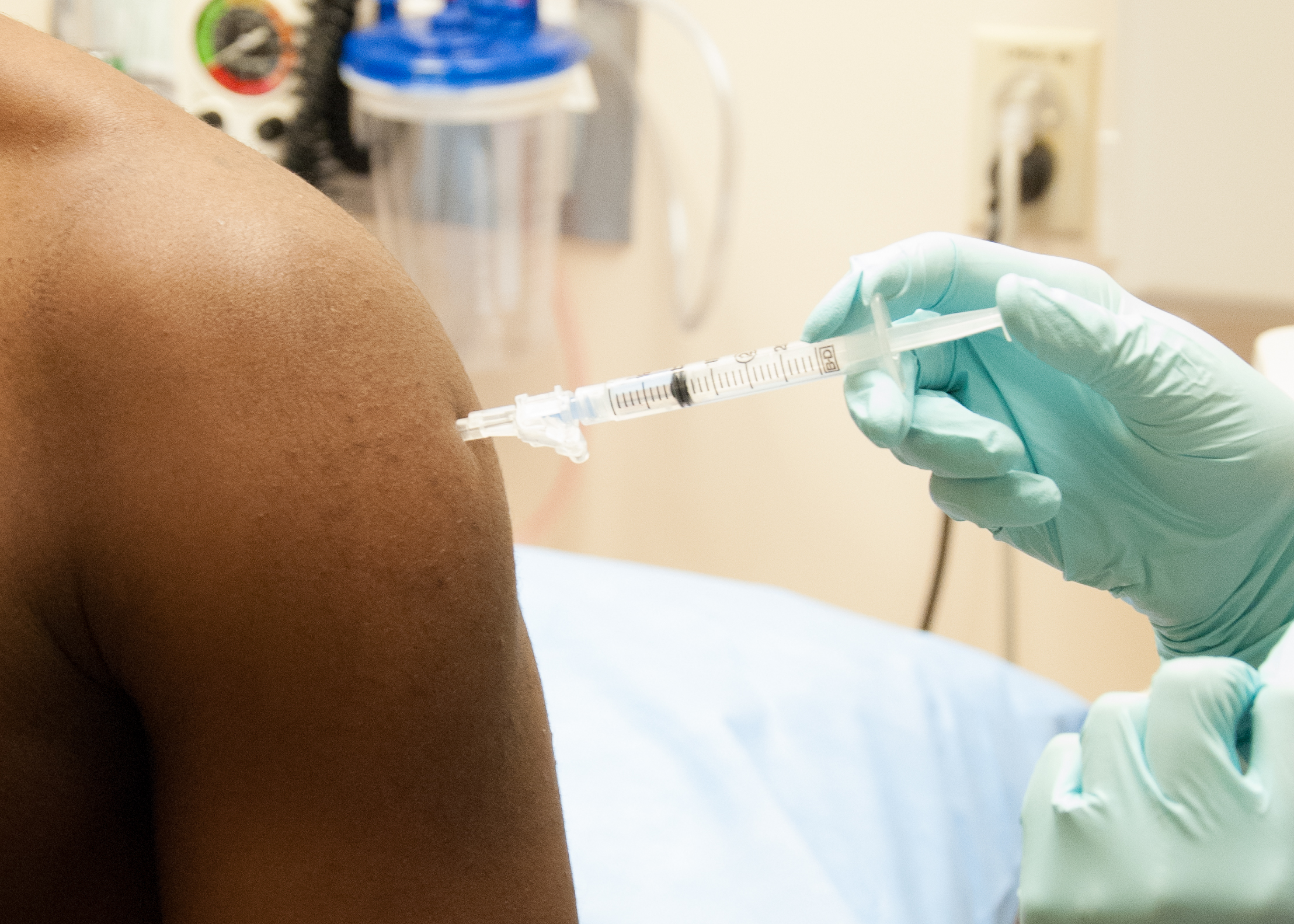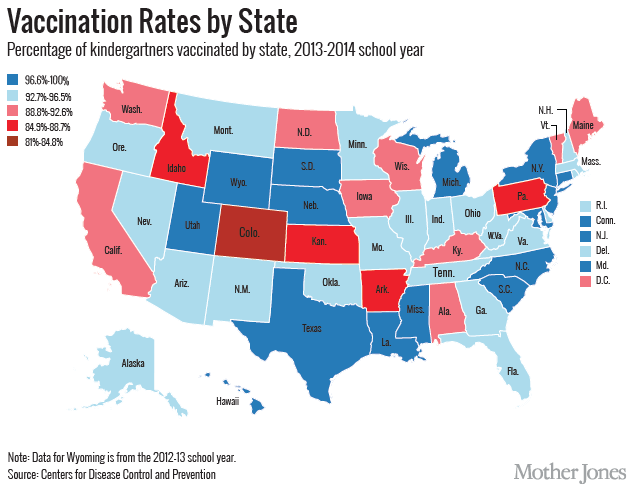Uganda's Extreme Plan to Vaccinate Children Should Raise Eyebrows

By:
A law that recently passed in Uganda will put parents who refuse to vaccinate their children behind bars for up to six months. It's the kind of radical move that stands at stark contrast to the U.S., where most states allow medical, religious, and philosophical exemptions to vaccination requirements.
 Wikimedia - wikimedia.org
Wikimedia - wikimedia.org
The mandate, signed into law by Ugandan President Yoweri Museveni this month, puts parents at risk of imprisonment if they decline to vaccinate their children. It also requires students to carry "immunization cards" in order to attend school, the BBC reports. The law is meant to help the government hit its vaccination goal; the country is still hit with preventable diseases such as meningitis, polio, typhoid, and yellow fever.
Ugandan Health Minister Sarah Achieng Opendi said that a growing faction of parents and members of religious cults have refused to vaccinate their children, putting the general population at risk of life-threatening diseases. Admittedly, one reason that the government's vaccination policy is more extreme than U.S. laws is that disease and childhood mortality is higher in Uganda. The World Bank estimates that 55 out of 1,000 children will die before they reach the age of five in the country. It's also true that Uganda is a presidential republic with authoritarian leanings, and Museveni has exercised powers with this and other laws that would not be possible in a democratic republic such as the U.S.
How the U.S. vaccination rates compare to Uganda.
By contrast, seven in 1,000 children die before they turn five in the U.S. And while certain states have lower vaccination rates than Uganda (e.g. Idaho, where six percent of kindergarten children sought exemptions), the country's overall rate — with exceeds 90 percent — is higher.
In contrast, Uganda's government says that three percent of the country's children have not been immunized.
 Mother Jones - motherjones.com
Mother Jones - motherjones.com
This is not to endorse the idea of incarcerating parents who don't vaccinate their children. Uganda's history of authoritarian policies, including those that criminalize and discriminate against homosexuality, certainly raise questions about the government's legal and ethical ideology. But it is interesting nevertheless to evaluate the African country's response to a public health crisis.
The American "anti-vaxx" movement has frequently appeared in headlines after the country experienced its first measles death in 12 years in 2015. The death, and measles outbreaks in the U.S., has called attention to the moral and public health issues surrounding parents who oppose vaccinations on the scientifically unfounded basis that immunizations are linked to developmental disorders such as autism.
The controversy reached another climax this month after actor Robert De Niro announced that he was pulling an anti-vaccination film — which alleged that the U.S. Centers for Disease Control and Prevention failed to disclose information about the link between vaccines and autism — from the Tribeca Film Festival.
"My intent in screening this film was to provide an opportunity for conversation around an issue that is deeply personal to me and my family," De Niro wrote in a statement on Friday. "But after reviewing it over the past few days with the Tribeca Film Festival team and others from the scientific community, we do not believe it contributes to or furthers the discussion I had hoped for."
